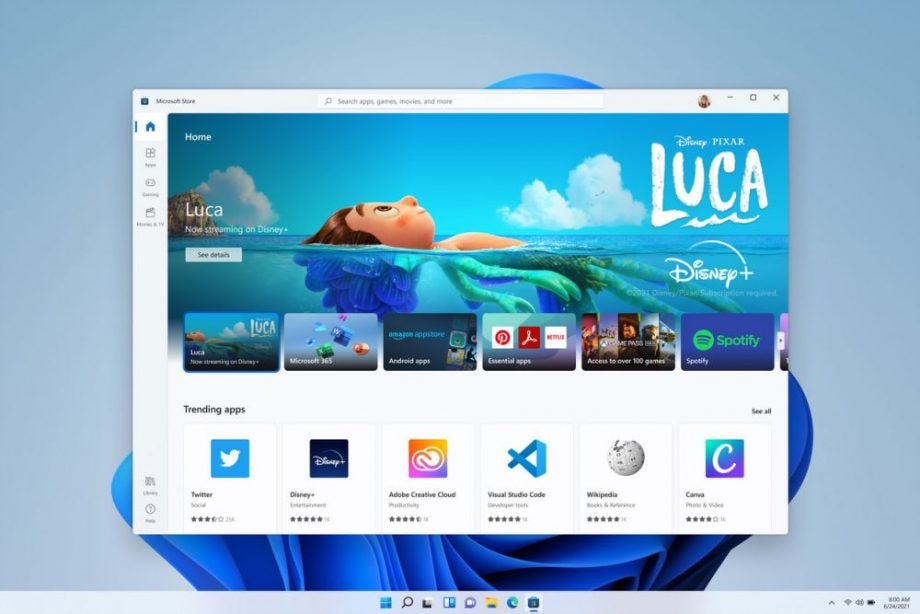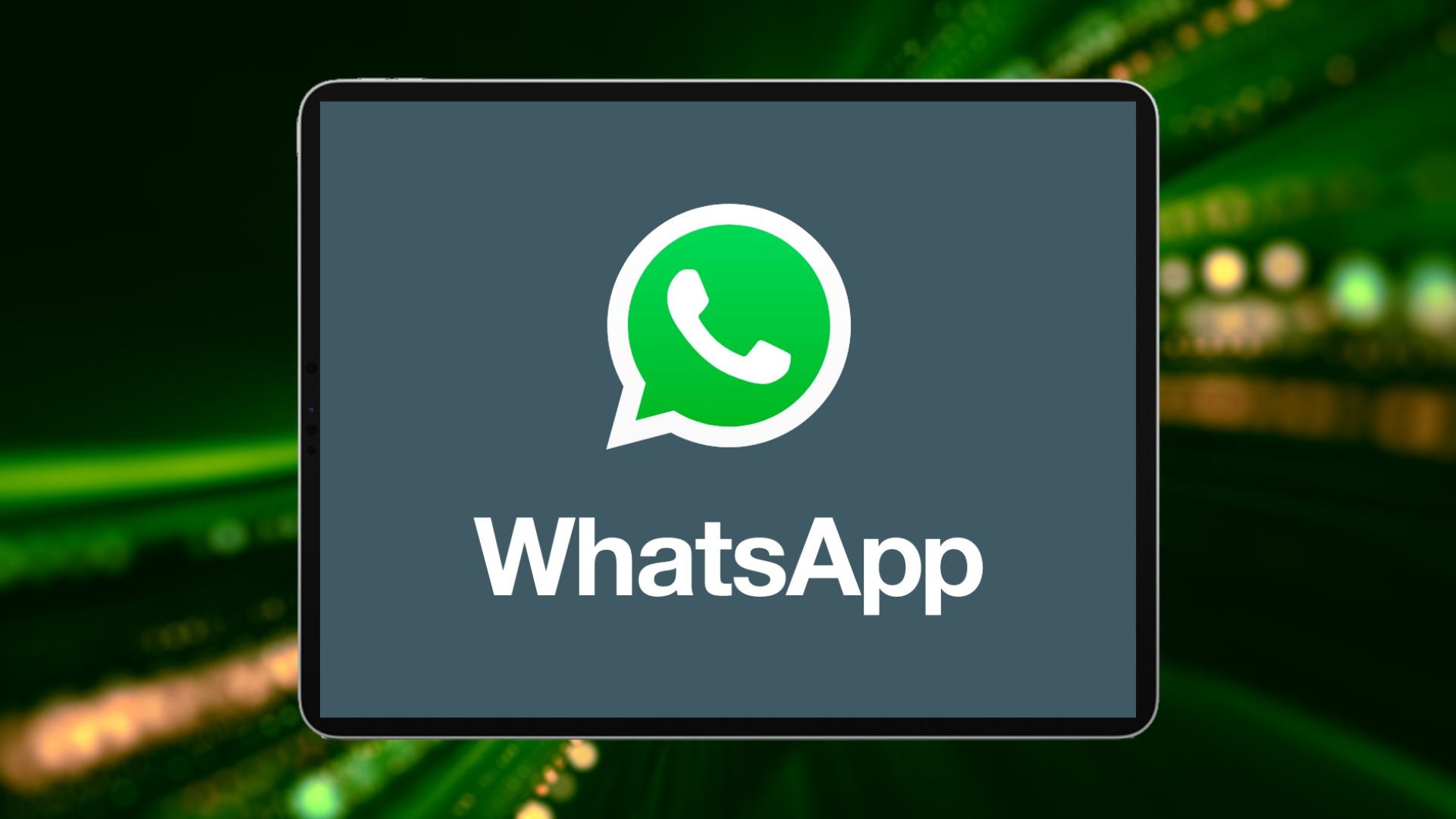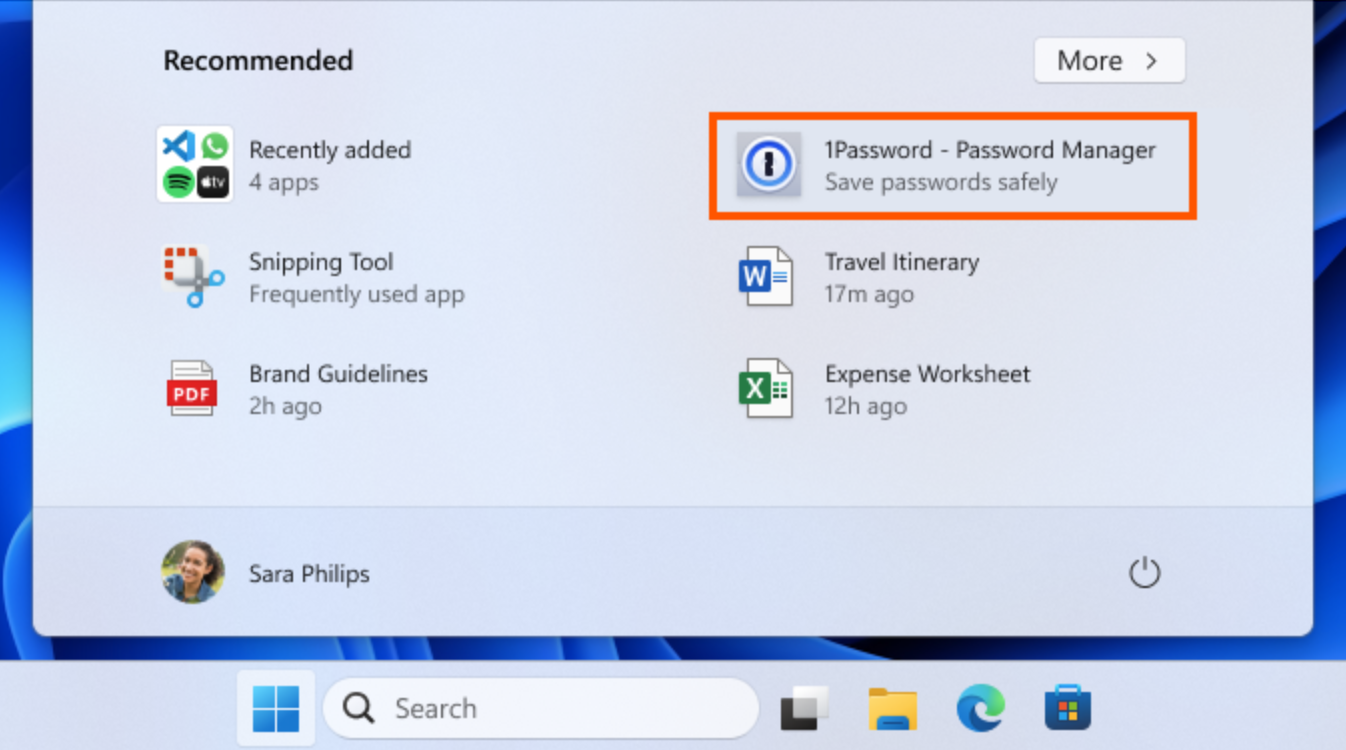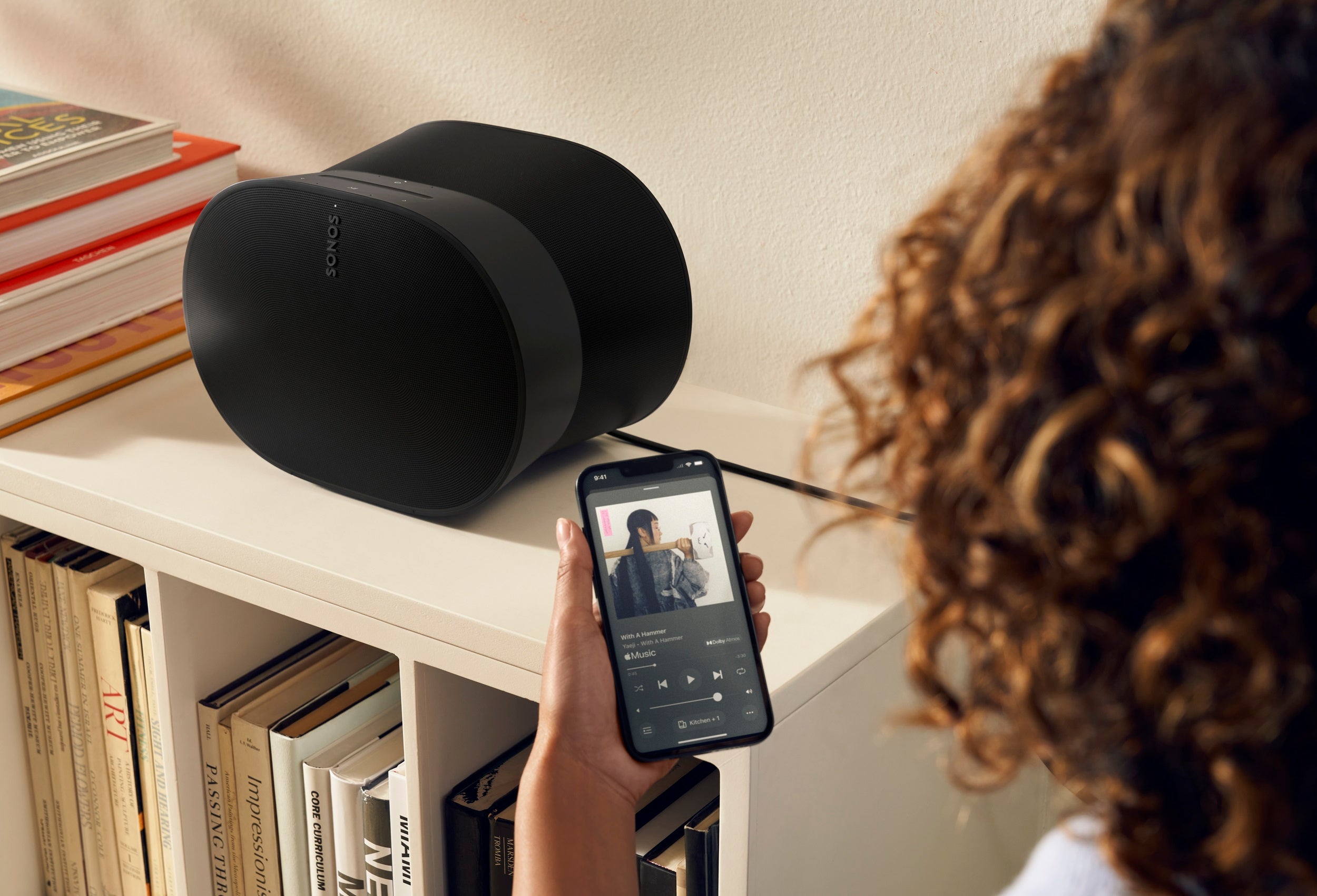Microsoft wants iMessage on the Windows Store – your move, Apple!

Microsoft CEO Satya Nadella has extended a cheeky invitation to his Apple counterpart in the hopes iMessage will join the party on the brand new Windows Store.
The software giant as announced a revamped Windows Store as part of the big Windows 11 update due later this year and Nadella wants to provide a welcoming home for both iPhone and Android smartphone owners.
In an exclusive interview with the Wall Street Journal following the Windows 11 launch event, Nadella said Microsoft had a role to play as “the most open of ecosystems available today.” He believes Windows has become the operating system that bridges all of the others.
Nadella says he wants Windows 11 users to be able to communicate with others without picking up their phones. That means iMessage would be a welcome addition to the new Windows Store.
When asked by the WSJ’s Joanna Stern (see below) how Windows 11 will differ from Apple macOS, Nadella said: “We have the ability to have multiple marketplaces. We want to have a great marketplace, but we also welcome other marketplaces.”
Apple, of course, does not allow third-party app stores on any of its platforms, which has perhaps been the most important tech story of 2021 given the challenges to the established order provided by Epic Games and its supporters.
Nadella added: “We’d love to make sure that it [the iPhone] works better [with Windows], we do everything we can. Like, anything Apple wants to do with Windows rather it’s iTunes, iMessage, or whatever, we welcome that. But, overall, we want to make sure our software runs great on Apple devices.”
Of course, Apple allowed iTunes on Windows from the very early days of the iPod, so as not to limit the music player’s appeal to just Mac users. The company has also spread the love of its first-party apps like Apple Music, Apple TV Plus and select others when it has suited their needs.
iMessage, until now, has been off-limits with Apple looking to keep the chat app exclusive to iPhone, iPad, iPod touch, Apple Watch and Mac users. It doesn’t seem likely Apple will change that stance anytime soon, given it has been staunchly unwilling to invite Android users to the party.








